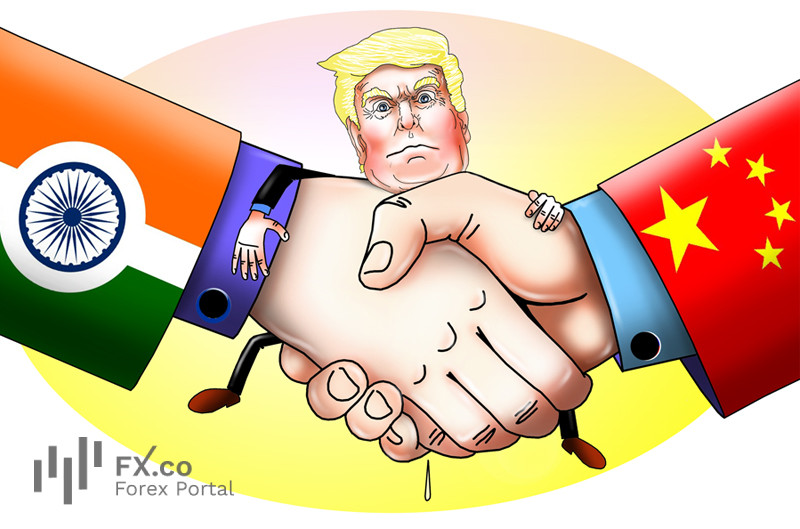
Trade relations between India and China appear to be improving. This shift has raised hopes for a new strategic partnership. However, optimism may be premature. Analysts at Bernstein caution that ties between the two nations will "remain largely transactional and focused on trade, with limited strategic benefits for India."
Although diplomatic ties exist, deep-rooted problems and structural imbalances in trade and geopolitics hinder broader cooperation. "China is unlikely to become a genuine ally," Bernstein said. India's manufacturing base is not robust enough to offer Beijing credible alternatives to its supply chains, while Indian exports to China remain too small to meet the country's vast import needs.
Bernstein highlights a sharp trade imbalance, with India shipping only a modest volume of goods to China while relying heavily on imports of electronics, auto parts, and pharmaceuticals from Beijing. Adding fuel to the fire are unresolved border disputes, China's close ties with Pakistan, and India's wariness of opening its consumer and agricultural sectors. "Economically, India stands to gain more by deepening relations with the US, where longstanding partnerships offer more substantial strategic advantages," Bernstein noted.
Progress in diplomatic talks has led to a partial resumption of air routes and eased visa restrictions. However, major concessions, such as lifting bans on apps, remain off the table. For now, India-China ties are aimed at maintaining key supply chains rather than building a new geopolitical alliance.
Bernstein believes that this partnership will likely remain symbolic until border issues are resolved and both sides agree to meaningful strategic compromises. Effective bilateral ties will require reciprocal concessions on a range of critical issues.
 English
English 
 Русский
Русский Bahasa Indonesia
Bahasa Indonesia Bahasa Malay
Bahasa Malay ไทย
ไทย Español
Español Deutsch
Deutsch Български
Български Français
Français Tiếng Việt
Tiếng Việt 中文
中文 বাংলা
বাংলা हिन्दी
हिन्दी Čeština
Čeština Українська
Українська Română
Română

Comments: